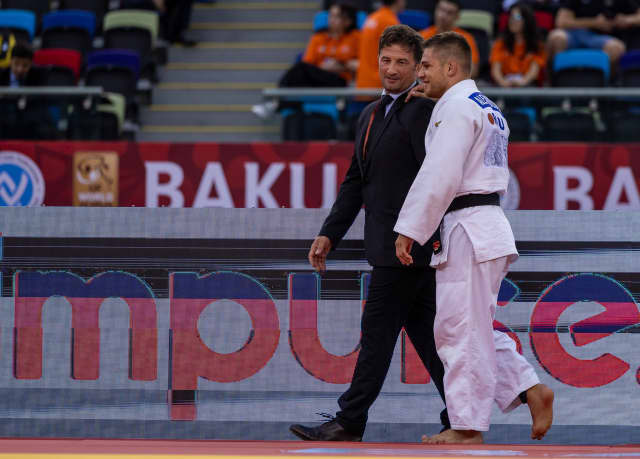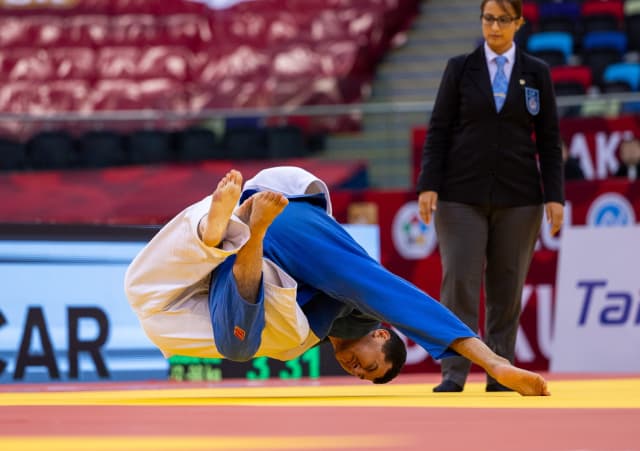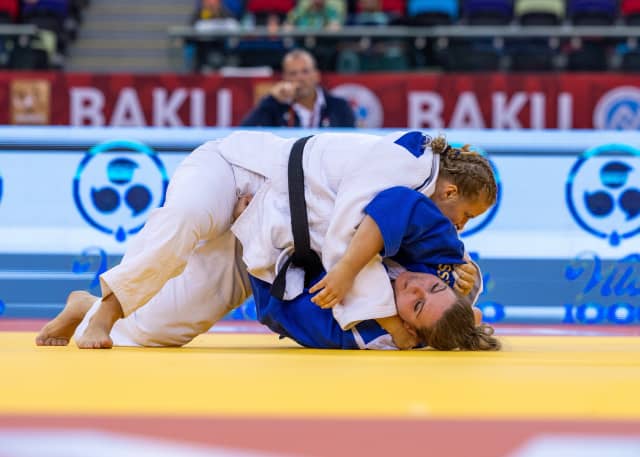Climbing a staircase, passing through a door, apprehending a universe in perpetual movement, when one cannot evaluate the shapes, volumes and respective movement, seems to be an impossible mission. Yet, we don't all have this chance to see and many of us have to live with without.
Despite everything, in the world of para-judo, there is no-one complaining or feeling sorry for themselves. Things are as they are and life goes on no matter what. This ability to overcome adversity, while our environment is not necessarily made to make things easier, athletes find it above all in their practice of judo. This is also one of the reasons making our sport an incredibly powerful tool for personal and social development.
After the moment when the judoka are accompanied on to the tatami, once they have gripped the opponent's judogi and the referee calls a loud hajime, it is a release of energy that we witness. This release of energy is accompanied by a release of all constraints, during which vision no longer plays a minimal or even infinitesimal role.
The athletes do not see, perhaps, but they feel, they sense, they perceive, they draw the universe mentally unfolding around them. By doing this, they find themselves integrated, understood and accepted as they are and for what they are.
Finally, we no longer talk about para-judo, we no longer talk about difference. We talk about a family united around its values and these values transcend all the obstacles that stand before us.
The IBSA Judo Grand Prix Baku 2023, for two days offered its most beautiful stage to scores of athletes from all walks of life. They experienced the stress of competition, the joys and small misfortunes inherent in high-level practice. They cried and laughed like everyone else and that's really what we will remember from these days. What could be more beautiful than sport and judo in particular to honour the quintessence of humanity, a humanity that integrates, accepts and claims the particularities of each person.



